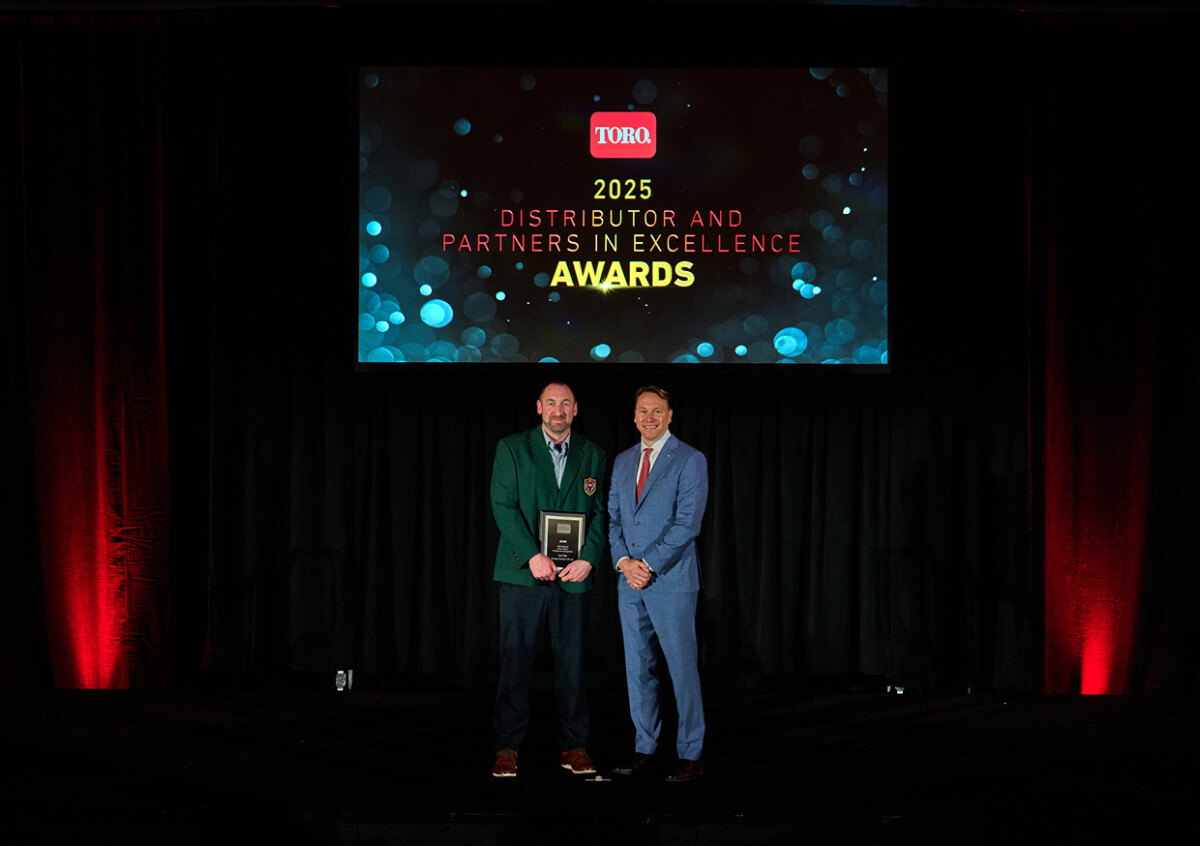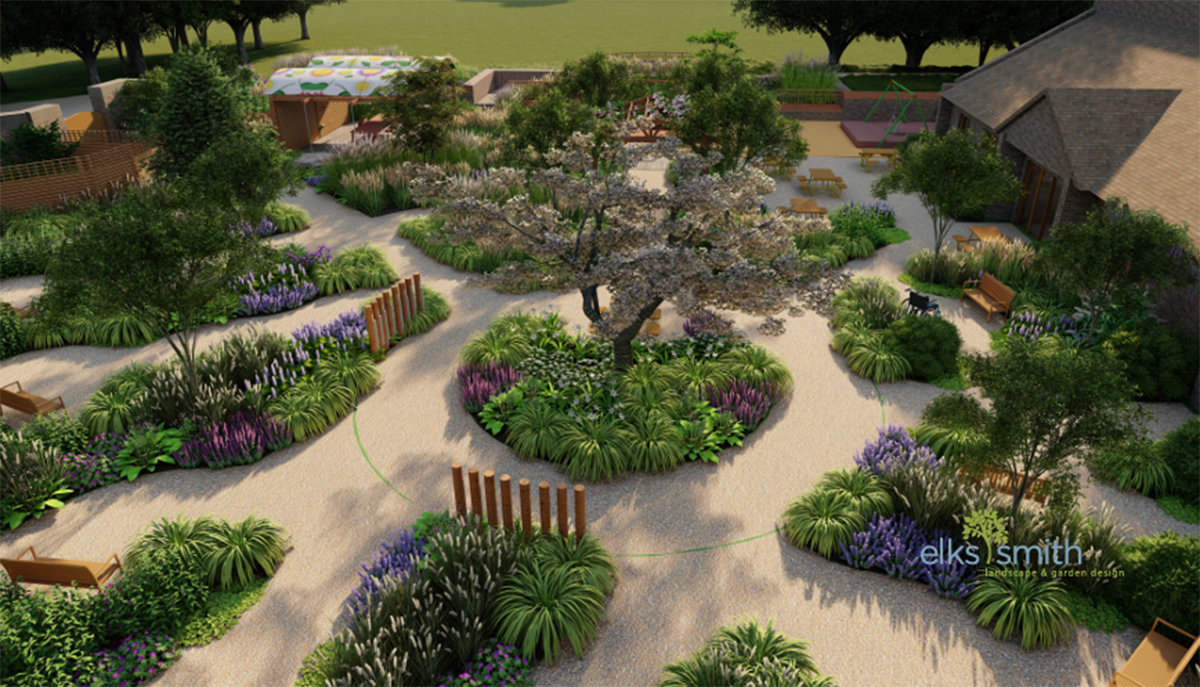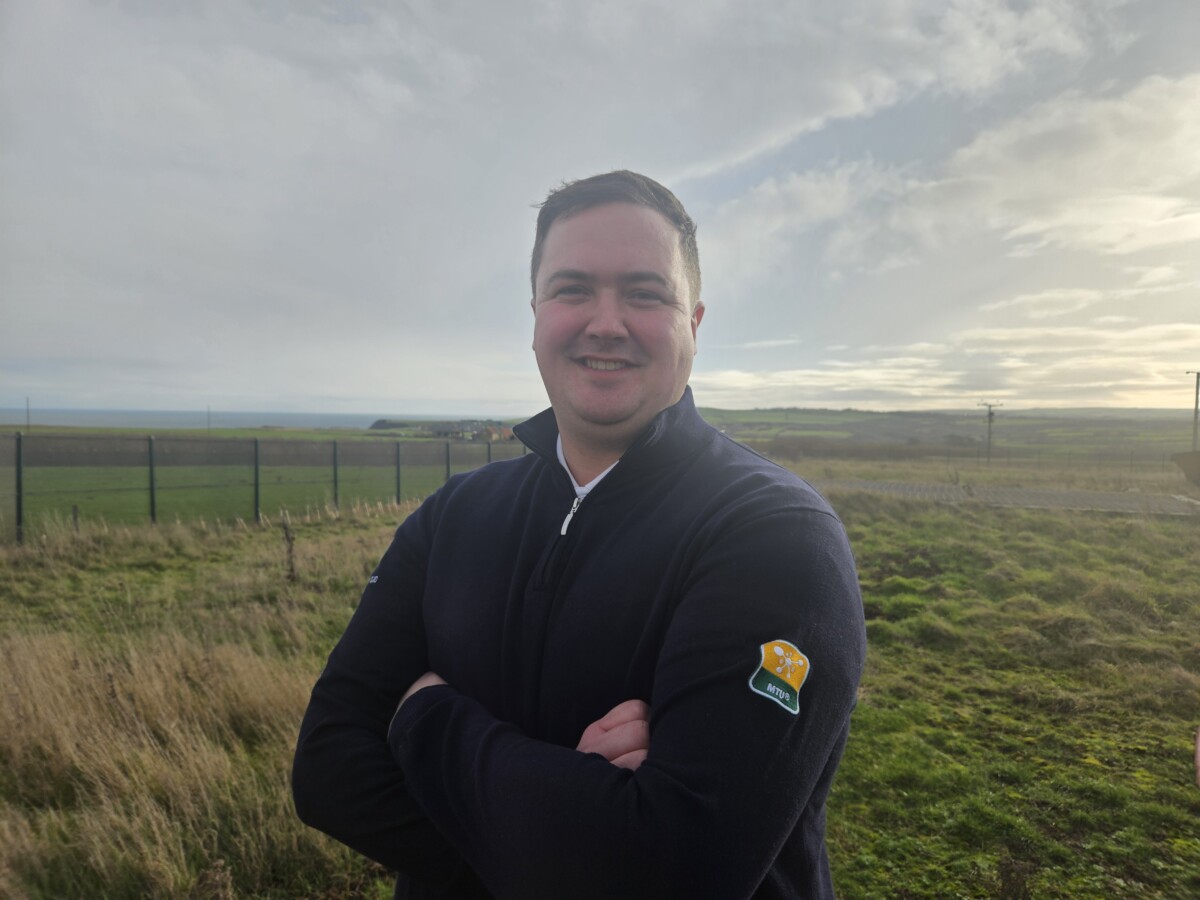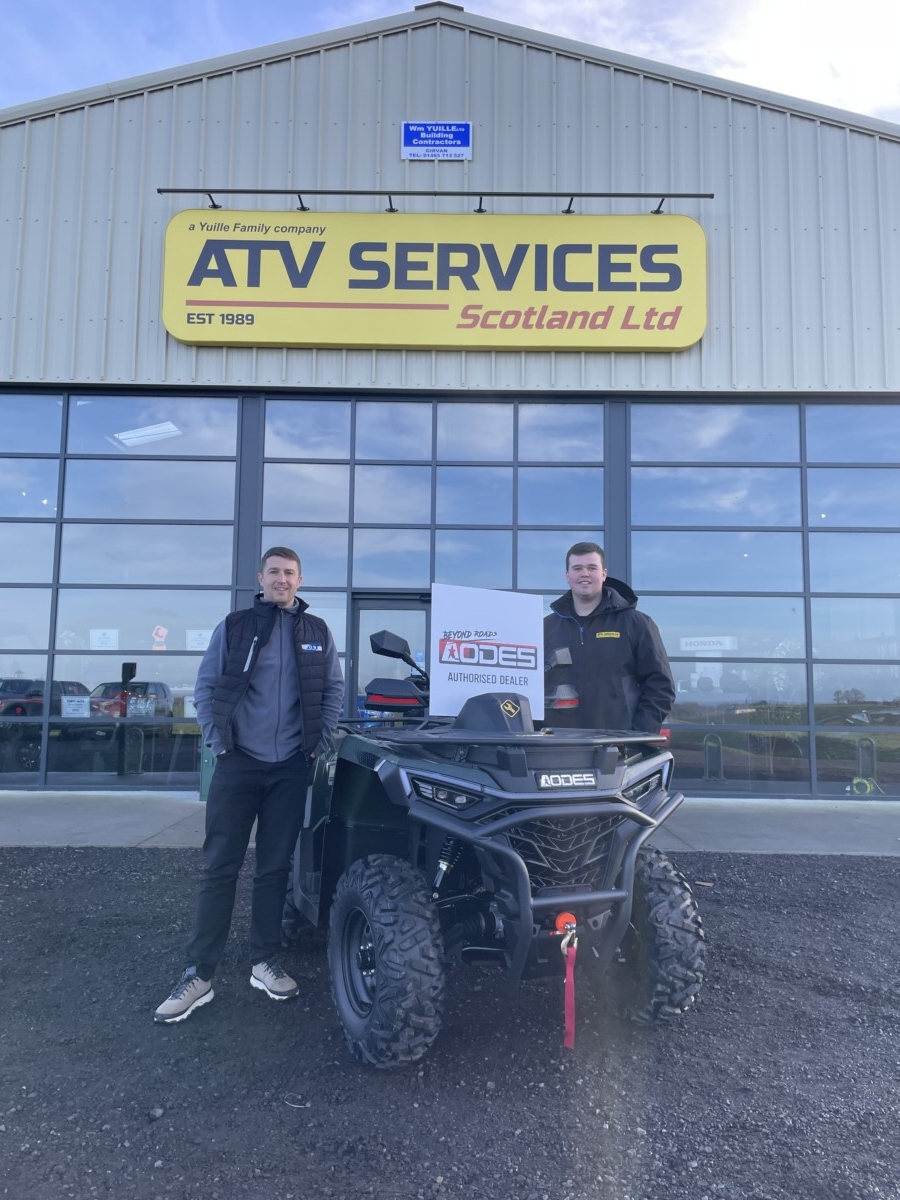Play your part in cutting carbon: Here Anthony Nadalin, director of marketing at The Toro Company, explores how Paris is leading the way in the decarbonisation of a major European city and the role outdoor power equipment can have in helping local municipalities achieve this.
France is one of the nation’s leading the effort to decarbonise and improve city air quality for residents, commuters and tourists.
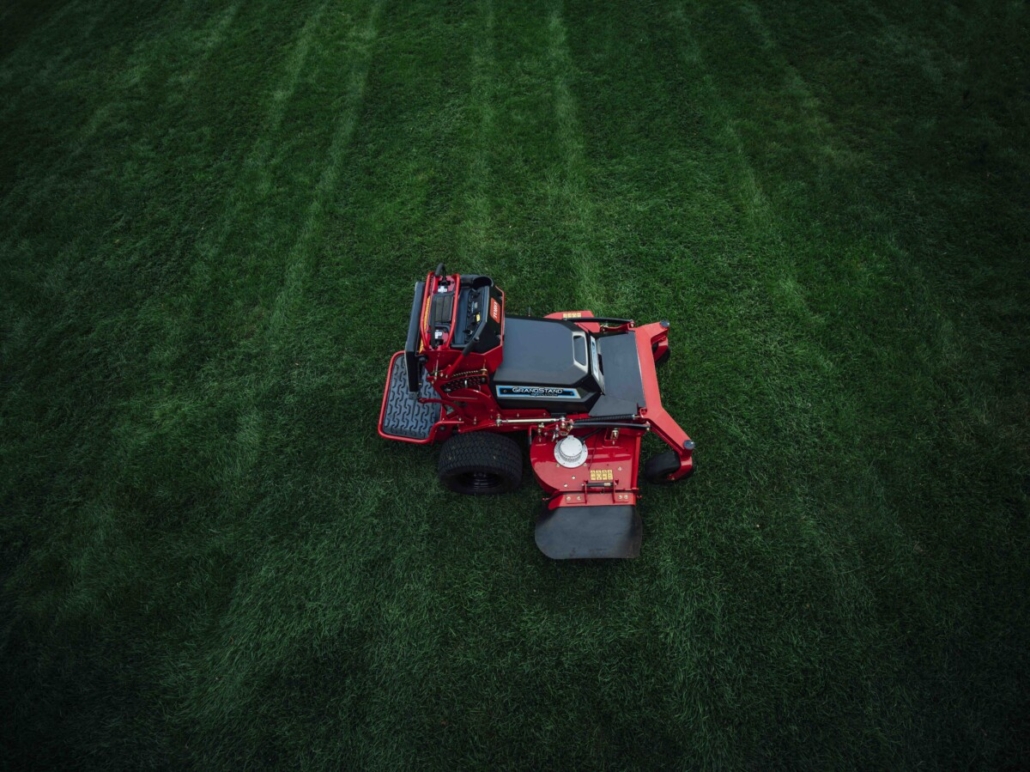
Play your part in cutting carbon
Currently, 12 urban areas in France – including in and around Paris – have implemented a low-emission zone, known as an m-EPZ. These initial zones are just the beginning, as an additional 31 towns and cities are set to implement similar schemes by 2025. Along with cutting carbon, low-emission zones have been implemented to improve urban air quality for those who reside or work within them.
As France’s capital city, you would expect Paris to be at the forefront of these measures. In fact, the French capital adopted its first climate action plan in 2007 and is currently implementing the third, covering 2020 – 2030. By 2050, the city aims to have achieved a 100% reduction in local emissions and an 80% reduction in its total carbon footprint, compared to 2004 levels.
At present, the focus of all of its low-emission zones is motor vehicles powered by fossil fuels. In practice, this means that only vehicles powered by modern, efficient petrol and diesel engines are permitted to enter a zone. By 2030, Paris will only allow battery and hydrogen-powered vehicles to enter the city and the surrounding areas.
However, for Paris to successfully reach its goal of reducing local carbon emissions by 100%, it will require outdoor power equipment – used by local municipalities and businesses – to transition from petrol to more sustainable alternatives such as battery.
Challenge and opportunity
This presents both a challenge and an opportunity for organisations using such equipment. The opportunity to get ahead of the curve by adopting all-electric machinery now. For commercial businesses, it demonstrates their commitment to sustainability, while also giving them first mover advantage. However, the challenge for municipal authorities and landscaping or groundskeeping professionals is whether they can transition to all-electric machinery without sacrificing productivity and increasing their costs.
Therefore, it is no surprise that many companies are turning to battery-powered outdoor power equipment manufacturers, such as Toro to find the right solution for them.
Leading the charge
Toro is leading the charge to help the people of Paris and beyond make the switch to cordless outdoor power equipment. Toro’s approach is based on three pillars: performance, ease of use and affordability.
A fundamental principle is that the all-electric versions must meet or exceed the performance of the petrol and diesel equivalents. This is why Toro’s Revolution Series products are commercial-grade equipment designed for professional use. For example, Toro’s proprietary HyperCell® battery system was developed to deliver all-day run times, helping meet the demands of various industries without hindering power or performance.
Ease of use means that all-electric machinery must be easy to operate with stress-free maintenance. It helps that Toro’s Revolution Series is built on the proven Grandstand® and Z Master® chassis and TURBO FORCE® platforms, meaning they’re familiar to contractors and service engineers.
Furthermore, Toro Total Care offers groundskeeping professionals 24/7 support while features such as integrated charging systems and software offer a more user-friendly experience.
There remains a lively debate around the cost of cordless equipment, but we believe we are winning the argument. For a long time, equipment rental companies have focused on the total cost of ownership rather than the ticket price. Calculating the lifetime costs of a piece of equipment – capital cost, fuel, service and maintenance, and end-of-life disposal – provides a much more accurate picture than how much it costs to buy.
For some time now we have seen increasing numbers of grounds care and gardening professionals start to view equipment in the same way – and in this light, cordless machinery represents greater value for money. Easy to maintain and cost-effective to run, it can also cut the total cost of ownership and contribute to greater business profitability.
To help companies understand the financial benefits of battery power, Toro has created a TCO calculator, enabling contractors and municipal authorities to calculate their operational return on investment.
Play your part
Paris is driving urban decarbonisation in France, with many other towns and cities following suit. By 2030, municipalities and landscaping or grounds care contractors will be driving into the Paris low-emission zone in electric or hydrogen vehicles. Surely it would look deeply incongruous and send the wrong message if these vehicles were carrying diesel or petrol-powered equipment?
Furthermore, as residents get used to cleaner and quieter vehicles, they will expect the same from the outdoor power equipment used to maintain their parks and open spaces.
Joining the transition to battery-powered OPE will play a huge role in achieving decarbonisation targets for businesses looking to join cities like Paris in transitioning to a cleaner, quieter and electrified future.
To find out more about how Toro is leading the charge, or to access its TCO calculator and begin investing in battery-powered equipment, visit: https://sites.toro.com/leadthecharge/index.html.
For the latest industry news visit turfmatters.co.uk/news
Get all of the big headlines, pictures, opinions and videos on stories that matter to you.
Follow us on Twitter and Instagram for fun, fresh and engaging content.
You can also find us on Facebook for more of your must-see news, features, videos and pictures from Turf Matters.












